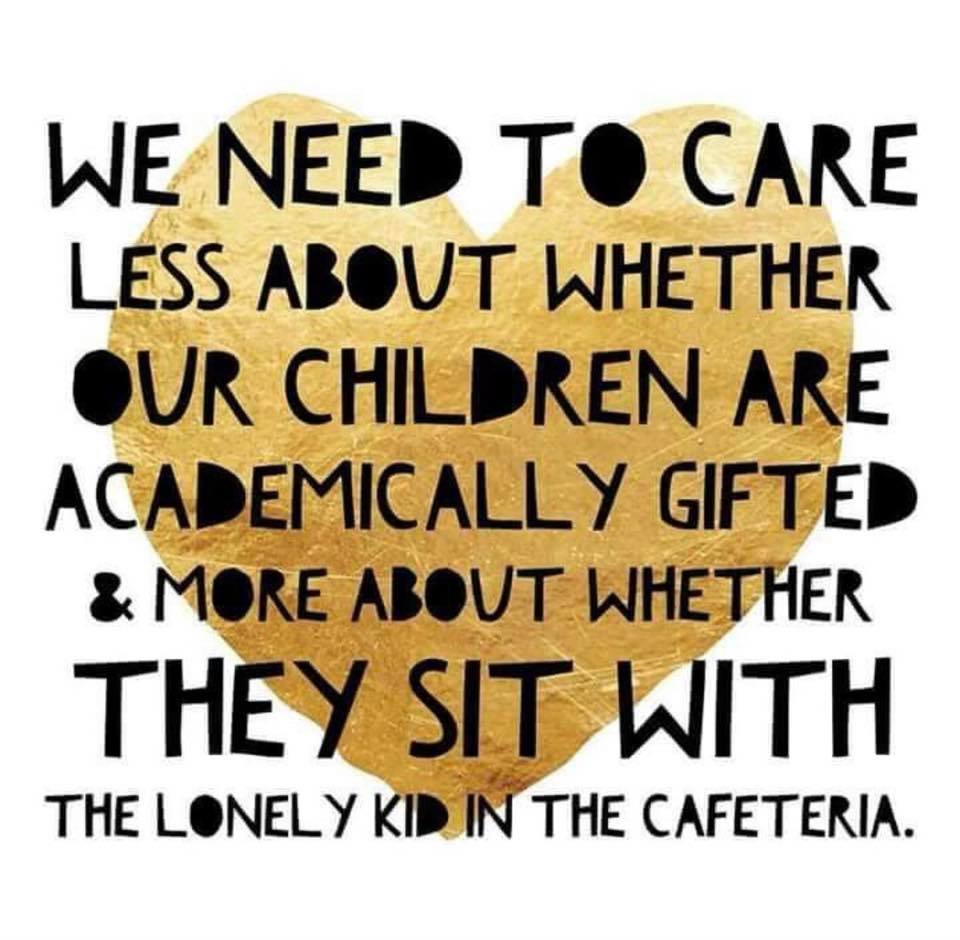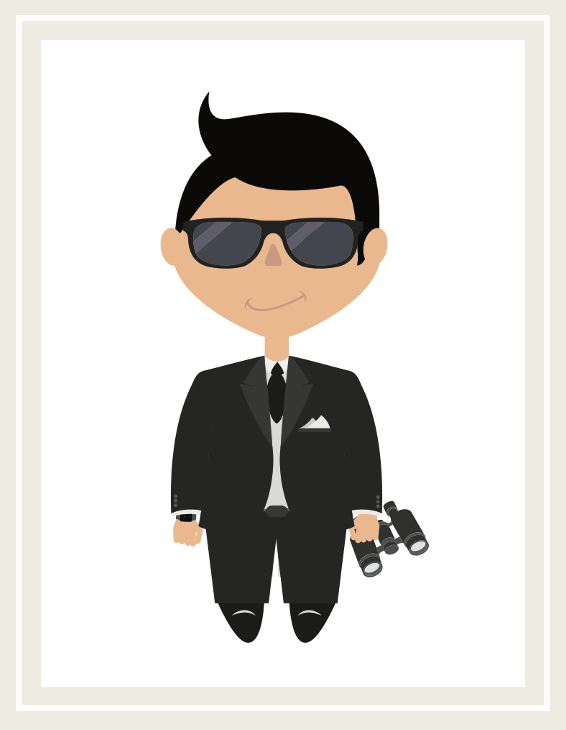Identifying Behavioral Patterns That Stop Your Kid with ADHD from Getting Things Done
If you are the parent of a child with ADHD, you may have a more challenging job than other parents due to your kid’s behavioral patterns that can be more taxing than their peers.
Even a charming, cooperative kid with ADHD can get out of control as these behavioral patterns can be attributed to ADHD or other developmental or emotional challenges. The kid who thoughtfully talked to Grandma for over an hour last weekend is now ignoring your requests and even arguing back. When pressed, they may throw a tantrum (regardless of their age) or obliviously continue breaking long-standing family rules.

Kids with ADHD Often Have Challenging Behavior Patterns
Before we go further, it is important to recognize that your kid isn’t trying to be “bad”; they have a neurological condition. ADHD can make it hard for them to do things they find difficult or boring. This can be stressful for parents, since it turns homework and bedtime into battles.
People with ADHD experience hyperactivity, impulsivity, and inattention in varying degrees.
Your Child Isn’t Defiant — His Skills Are Lagging
You wouldn’t expect a child to hit a baseball before learning how to swing the bat. Many children who struggle with behavioral challenges don’t have the skills they need to do what’s expected of them, and unfortunately, ADHD behavior patterns can lead to harsh — and mistaken — assumptions. There is the child who barges into a room, disrupting the conversation, or the one who laughs at a joke after everyone else has moved on in the conversation. These children may appear rude or awkward, but not all we see is what it seems.
“Children exhibit challenging behavioral patterns when the demands being placed upon them outstrip the skills they have to respond adaptively to those demands,” according to Dr. Ross Greene. In other words, when your child reacts explosively, your child lacks the skills needed to handle the situation. Kids with ADHD need help building coping skills, seeing things from another’s perspective, and developing problem-solving strategies.
How ADHD’s Executive Function Challenges Impact Behavior Patterns
Your child may seem stubborn or selfish, but neuroscience suggests that it is a lack of skills, specifically the brain-based “executive function” skills, that hold him back — not willfulness or laziness. Executive Function is the brain’s hub of skills — memory, organization, planning, self-regulation, and the ability to modify our behavior in response to others.
How To Identify Your Child’s Lagging Skills
One way you can identify your child’s lagging executive function skills is by asking yourself the following question: “What is getting in the way of my child’s success?” Start by trying to figure out what the overall reasons are for your child’s inconsistency. Some kids freak out about timed events or tests. Others can’t handle peer pressure, while others don’t understand social boundaries. Some don’t know what to do when they make a mistake, and they fall apart and blow the rest of the race, recital, test, etc.
[Review Dr. Greene’s lagging skills assessment to help identify your child’s lagging skills.]
Regain Control While Helping Your Child with ADHD
It can be tempting to give them their way, but that can teach them that misbehaving works. Instead, it’s helpful to learn parenting strategies that can help kids improve their behavioral patterns over time. When executive skills lag, blaming, shaming or asking the child to push harder only makes matters worse. For the child with ADHD, this is especially true due to their brain makeup and processes for attention and behavior.
Most of the focus surrounding ADHD and executive function skills centers around academic skills, yet the following strategies also influence social behavior patterns:
Believe Your Child Has The Will and Capacity to Learn
Your child has good intentions; it’s true!
Encourage, Illuminate, Engage
Recognize your kid’s qualities and effort. When he shows empathy toward someone, takes pride in something or rebounds from a failure, highlight the positive by using comments that begin with “I noticed…” or “You showed…”
Identify Stressors and Distractions
Find specific ways to minimize stressors and distractions as they can lead to other, and possibly even greater, problems.
Create Structure
Children with ADHD need consistency and clear communication. Praise is important to reward good behavior and logical consequences for poor behavior. They also need lots of love, support, and encouragement.
Demonstrate Curiosity and Respect
Your kid is an expert on his own feelings and perspective. Give him a chance to practice connecting internal feelings to his outward behavior. That’s the executive function skill he needs to change behaviors patterns that aren’t working for him.
Help Your Child Make Friends
Help him become a better listener, learn to read people’s expressions and body language, and interact more smoothly with others. It’s easy for a child to lose heart in the struggle to learn and grow. Show confidence in the qualities she brings to her challenges. The truth is that everyone is working on something.
[How to Coach Your Child – This program guides parents on how to coach listening and communication skills.]
Kids Want to Please Their Parents
Remind yourself: “If he could, he would.”
Set aside discouraging assumptions about your child’s behavior patterns and replace them with “If he could, he would.” Children do not want to fail or to disappoint their parents. Every child wants to succeed; every child wants to grow up to become a capable human being. The idea of “would if he could” is a lens through which you look at your child and reset your understanding of him. Once your child begins to develop executive function skills — whether by getting homework done or managing big emotions — his success will motivate him to want more.
A child needs continued support to navigate the academic learning curve and the social learning curve at the same time.
Social Skills in Action:
Become your best self: socially engaged, confident, and open to the unlimited world of learning and connection.
More Social Skills Training For Kids:
How to Coach Your Child – Kids need good role models. Skills like listening and communication are critical. This exclusive program for parents teaches how to coach your kids for life.
Coaching Conversations Video Course – How to use the lessons in Why Will No One Play with Me? in everyday life using real people and real scenarios
From “Hi” to a Full Conversation – How to adapt conversation starters to initiate small talk.
Joining a group Infographic – Make joining a group less intimidating – and more fun!



